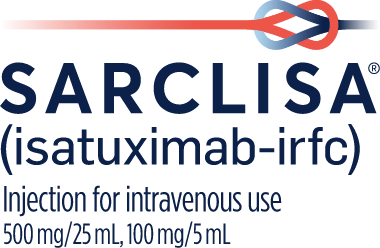
Find out more about the ~42 months results from the Phase 3 trial.
See the results
sarclisa is a targeted
immunotherapy that works
together with your
immune system.

CareASSIST helps eligible patients with access and support for sarclisa.
Find out more


